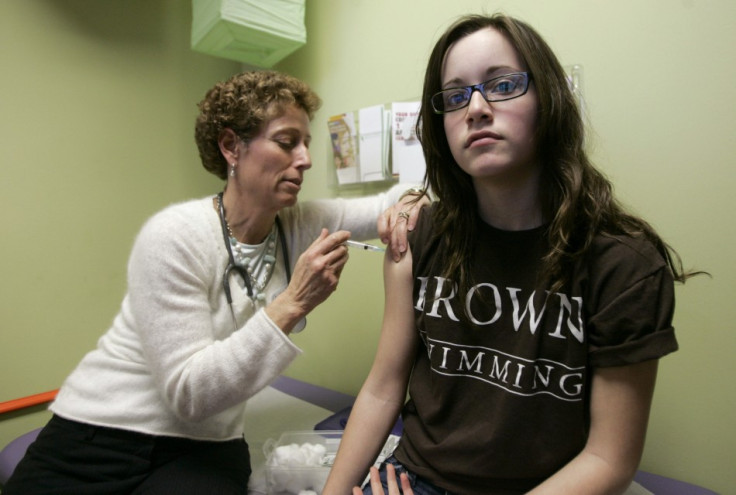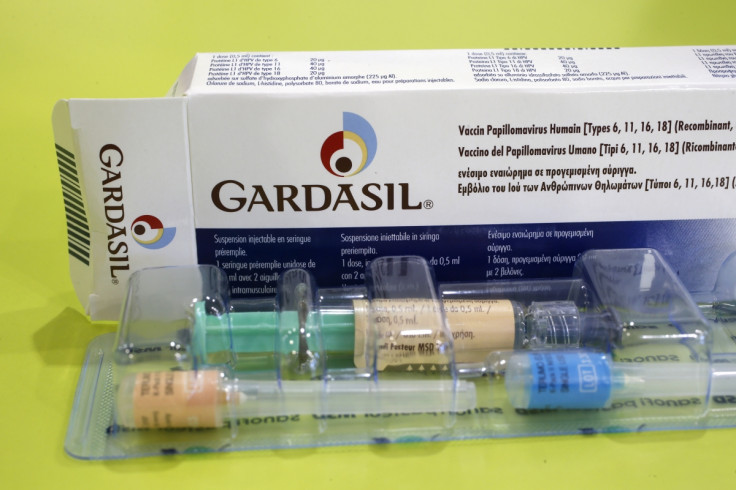One-in-Three Americans Has Strain of HPV – But Not the Cancer-Causing Kind

A third of healthy adult Americans are infected with a strain of human papillomavirus (HPV), a common sexually transmitted disease known to cause throat and cervical cancer, as well as genital warts.
However, genetic analysis by researchers at NYU Langone Medical Centre, showed that fewer than 4% are infected with a cancer-causing strain of the virus, the rest having "harmless" types of HPV.
There are 109 strains of HPV but just two are known to cause cancer. Researchers said their findings, presented at the American Society for Microbiology, came as a surprise.
They said the overwhelming presence within the US population suggests a delicate balance act is taking place, helping to prevent other viral strains from spreading out of control.
Lead investigator Zhiheng Pei said: "Our study offers initial and broad evidence of a seemingly 'normal' HPV viral biome in people that does not necessarily cause disease and that could very well mimic the highly varied bacterial environment in the body, or microbiome, which is key to maintaining good health."

Fellow investigator Yingfei Ma added: "The HPV 'community' in healthy people is surprisingly more vast and complex than previously thought, and much further monitoring and research is needed to determine how the various non-cancer-causing HPV genotypes interact with the cancer-causing strains, such as genotypes 16 and 18, and what causes these strains to trigger cancer."
The HPV strains 16 and 18 cause around 70% of all cases of cervical cancer. An immunisation programme to protect against these strains was introduced in the UK in 2008.
Researchers said they plan to investigate the non-cancer causing HPV types to find out if there is a link between them and those that lead to the development of cervical and mouth cancer.
Pei also warned that people should not be overly concerned about their HPV status and should not seek out any antiviral therapy, but noted that detection tests for non-cancer-causing strains of the disease are needed to assess peoples HPV infection status.
He added that while many strains of HPV are harmless, it is still important to get vaccinated against types 16 and 18 until more comprehensive vaccinations become available.
© Copyright IBTimes 2025. All rights reserved.






















